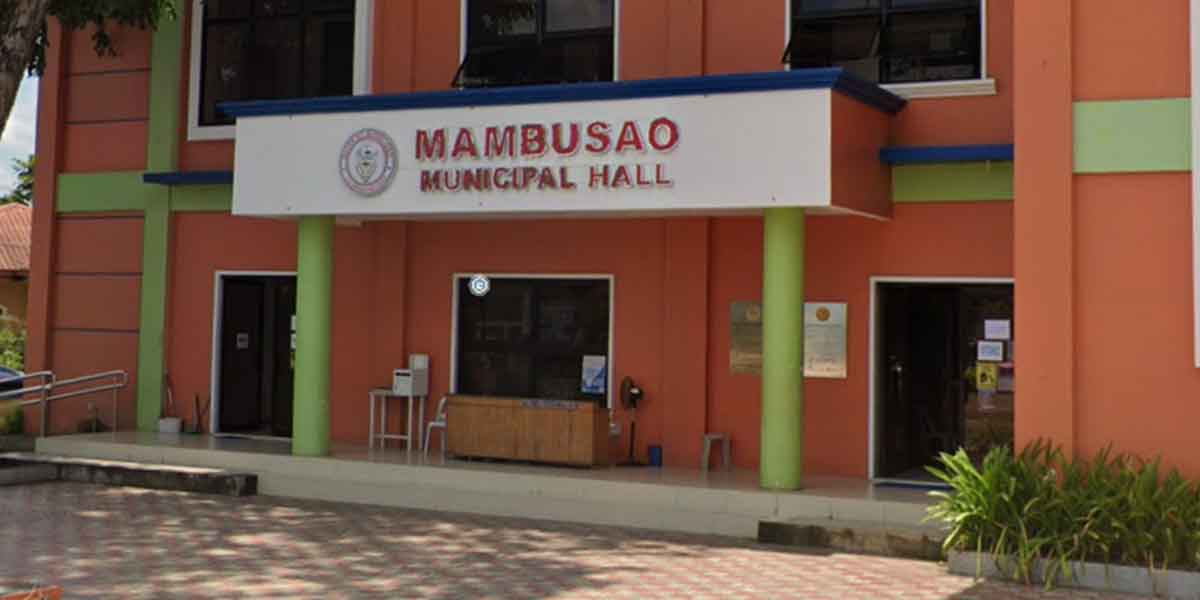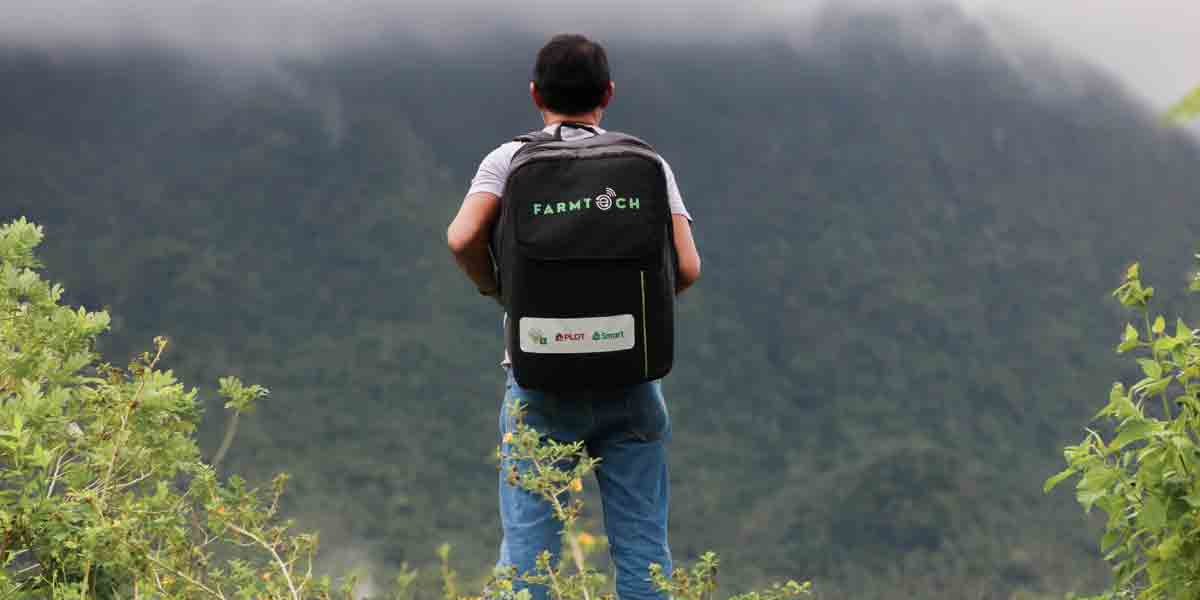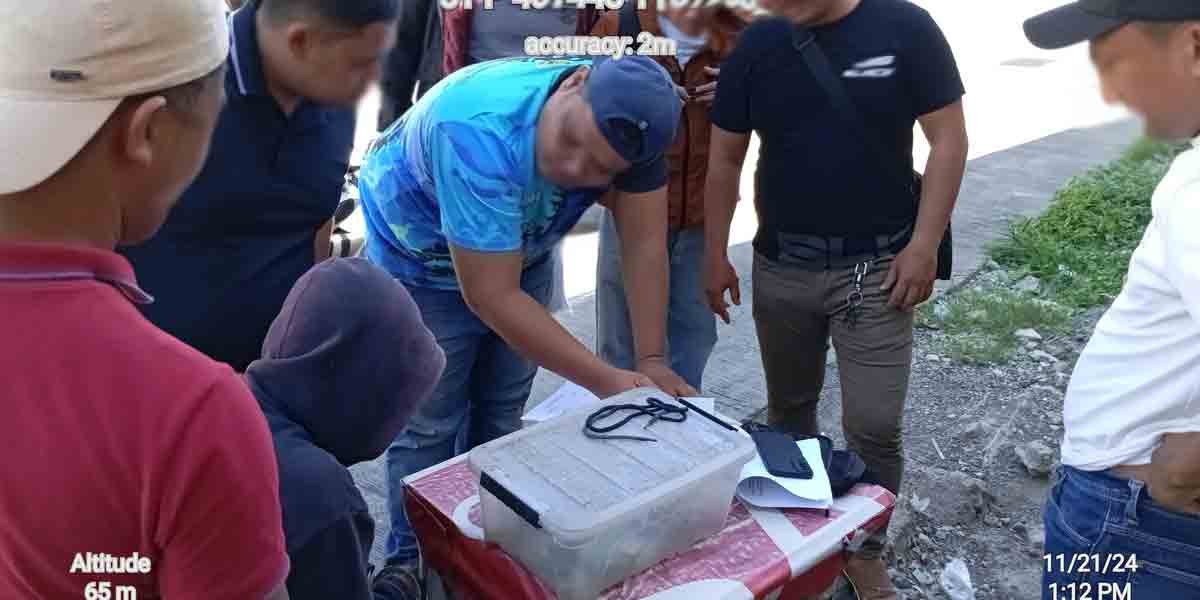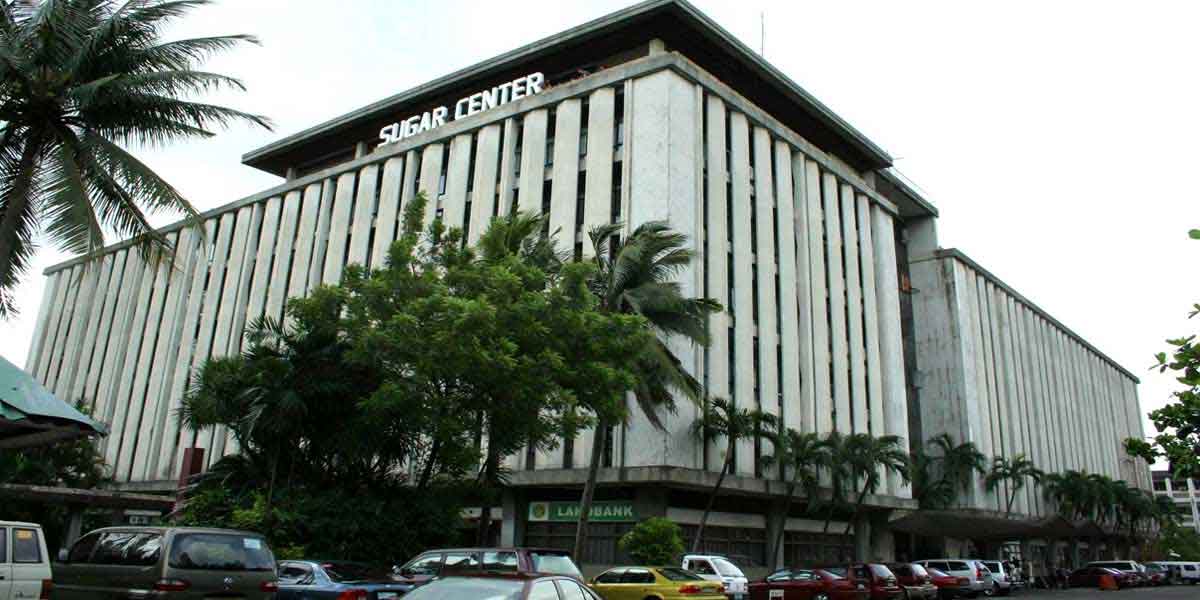The Securities and Exchange Commission (SEC) continues to work with Google to ensure regulatory compliance from entities doing business online in order to protect the investing public and other financial consumers.
After updating its screening process for online lending apps to help address the proliferation of predatory lending, Google will soon require advertisers offering cryptocurrency exchanges and wallets targeting the Philippine audience to present proof of their registration and/or license to operate in the country.
The new requirement, which will take effect on July 7, adds to Google’s existing policy that requires all advertisers to comply with local laws for any area that their advertisements target. Google will take appropriate action to address any violations.
As the national government regulatory agency tasked with supervising the corporate sector, entities doing business in the Philippines must first register with the SEC, in general. Meanwhile, operators of cryptocurrency exchanges must register with the BSP as remittance and transfer companies, pursuant to BSP Circular No. 944 issued February 6, 2017.
The SEC seeks to educate the public on legitimate investment options through investor protection and financial literacy campaigns online. Over the course of the pandemic, the Commission has observed that several entities have taken advantage of the online space to spread investment scams supposedly engaged in cryptocurrency trading when in reality, these do not exist.
The SEC has consistently reminded the public to be vigilant and exercise due diligence before transacting or dealing with any entity, and those based abroad without any registration or license to do business in the Philippines.
Individuals who transact with such entities have limited recourse in retrieving money or investments once their assets are transmitted outside the country.
“This continuing partnership with Google will help the Commission fulfill its mandate as registrar and overseer of the Philippine corporate sector, as well as protector of the investing public, in the digital age,” SEC Chairperson Emilio B. Aquino said.
“We believe the new policy can reduce the number of Filipinos falling prey to unregistered investment schemes online, who are usually victims of aggressive online advertising and intrusive tactics that make them believe in products that are often too good to be true.”
The SEC had initiated discussions with Google back in May 2019 to counter the increase of unregistered personal loan apps in the country. On May 11, 2022, Google revised its policy for personal loan apps targeting users in the Philippines, requiring them to submit a Personal Loan App Declaration and other necessary documents before they could publish apps on Google Play. Failure to provide such documents will lead to the personal loan app’s removal from Google Play.


















